Function Of The Lungs In The Circulatory System
Function of the lungs in the circulatory system. The blood then travels through the lungs to exchange carbon dioxide for new oxygen. Thus the circulatory and respiratory system whose function is to obtain oxygen and discharge carbon dioxide work in tandem. The digestive system includes the stomach the small and large intestine and the a.
The main role of the lungs is to transfer life-giving oxygen into the blood supply but they also have other functions including helping regulate blood pressure. The arteries and veins are the pipes through which the blood flows. The main function of the respiratory system is the exchange of gases such as oxygen and carbon dioxide in the lungs.
Air carrying oxygen enters the body during inhalation and air carrying carbon dioxide. The circulatory system consists of three independent systems that work together. Blood carries respiratory gases.
Breathing or respiration allows this important function to take place. The most important function of the lungs is to take oxygen from the environment and transfer it to the bloodstream. Organs Lungs- eliminate CO2 Skin- eliminates H2O salts and urea by sweating Kidneys- remove waste from blood maintain pH regulate H2O content Dialysis Title Author.
What is the Function of the Circulatory System. The lungs to pick up oxygen or to the body to drop off the oxygen it travels through the arteries. It transports blood nutrients oxygen carbon dioxide and hormones throughout the body.
The purpose of the circulatory system in any living creature is to transport blood and oxygen from the lungs to rest of the body and its tissues. Newly oxygenated blood returns to the other side of the heart the left side where its then pumped into the. In humans other mammals and birds blood absorbs oxygen and releases carbon dioxide in the lungs.
Functions of the Circulatory System Functions of the Circulatory System Carry oxygen from lungs to tissues Carry carbon dioxide from tissues to lungs thereby aiding in the exchange of gases Helps carry nutrients to cells Helps to fight against infections White. The circulatory system also called cardiovascular system is a vital organ system that delivers essential substances to all cells for basic functions to occur.
To breathe we use the muscle of the diaphragm the intercostal muscles between the ribs the muscles of the abdomen and sometimes even muscles in th.
In the lungs the blood gets rid of carbon dioxide and picks up fresh oxygen. Thus the circulatory and respiratory system whose function is to obtain oxygen and discharge carbon dioxide work in tandem. The most important function of the lungs is to take oxygen from the environment and transfer it to the bloodstream. It helps in sustaining all the organ systems. Newly oxygenated blood returns to the other side of the heart the left side where its then pumped into the. The purpose of the circulatory system in any living creature is to transport blood and oxygen from the lungs to rest of the body and its tissues. In humans other mammals and birds blood absorbs oxygen and releases carbon dioxide in the lungs. It transports blood nutrients oxygen carbon dioxide and hormones throughout the body. Blood carries respiratory gases.
Thus the circulatory and respiratory system whose function is to. In the lungs the blood gets rid of carbon dioxide and picks up fresh oxygen. What is the Function of the Circulatory System. Breathing or respiration allows this important function to take place. The main role of the lungs is to transfer life-giving oxygen into the blood supply but they also have other functions including helping regulate blood pressure. Artiers - Away When the blood heads to the heart it is traveling through the veins. The lungs to pick up oxygen or to the body to drop off the oxygen it travels through the arteries.


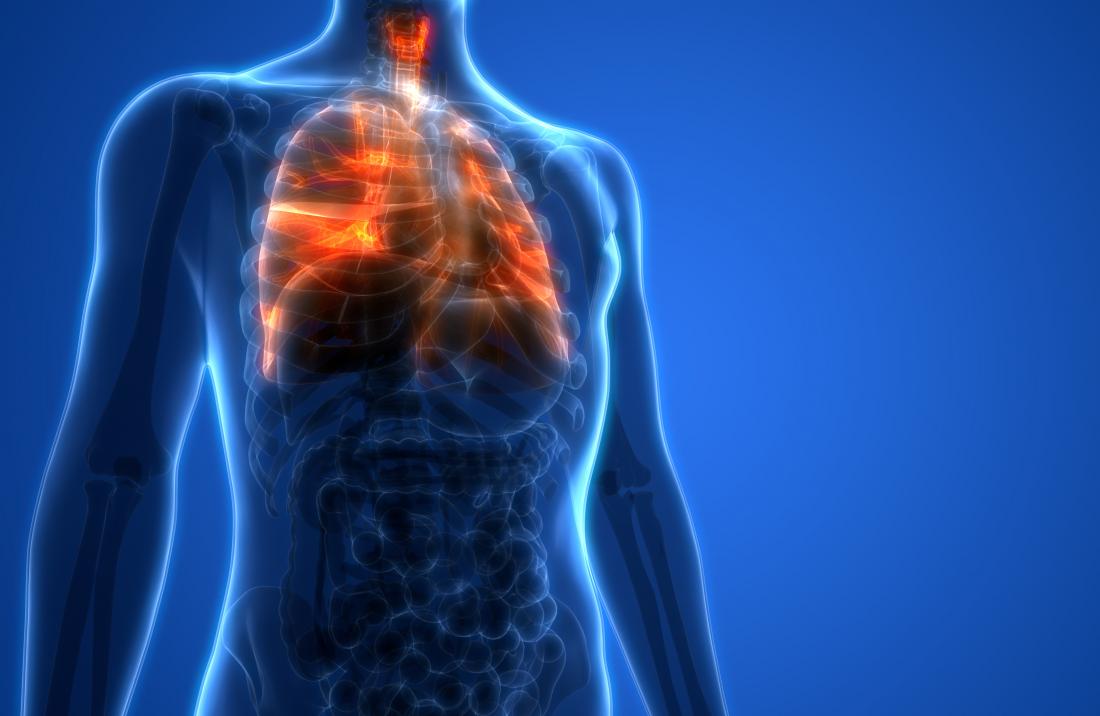
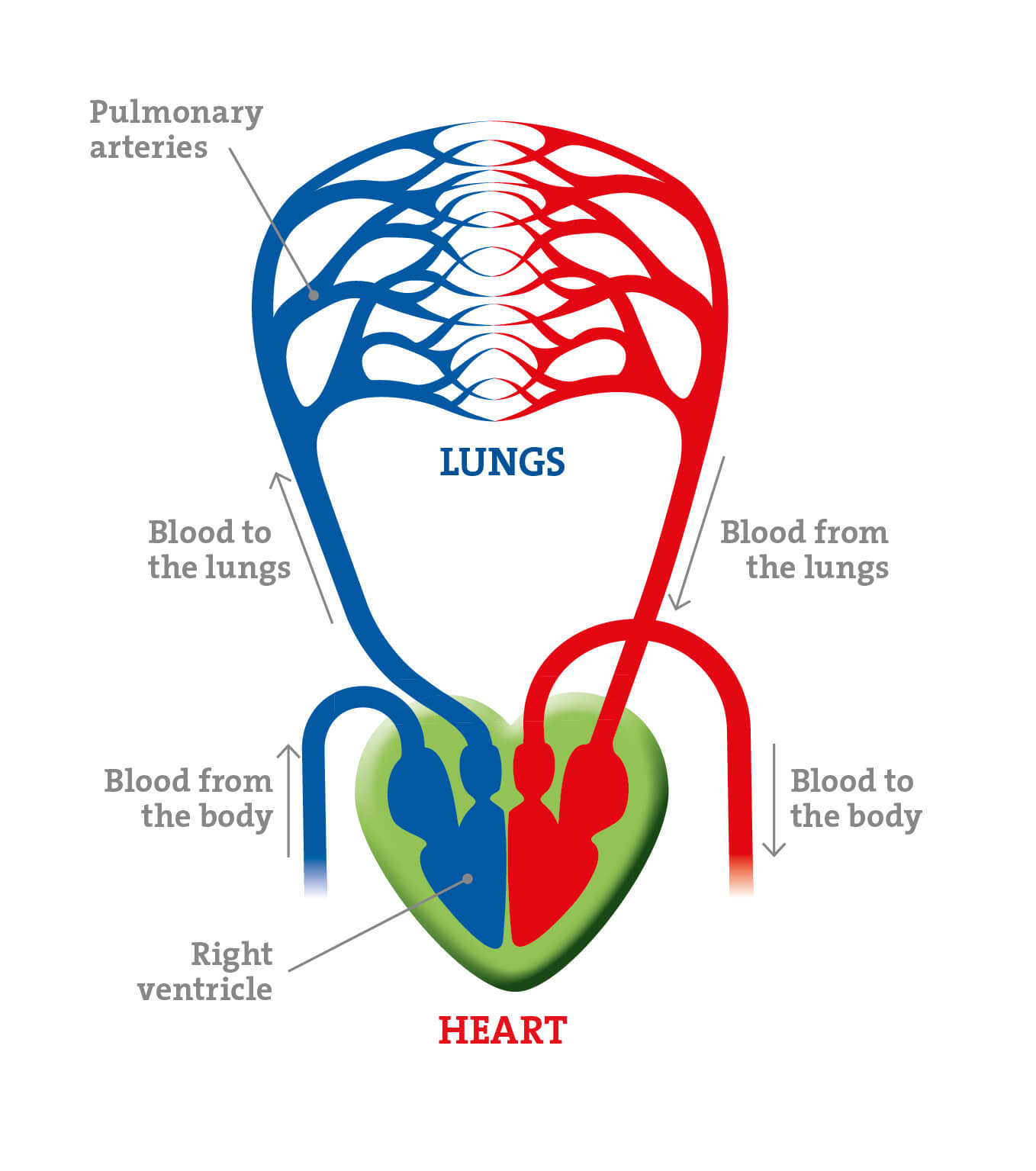
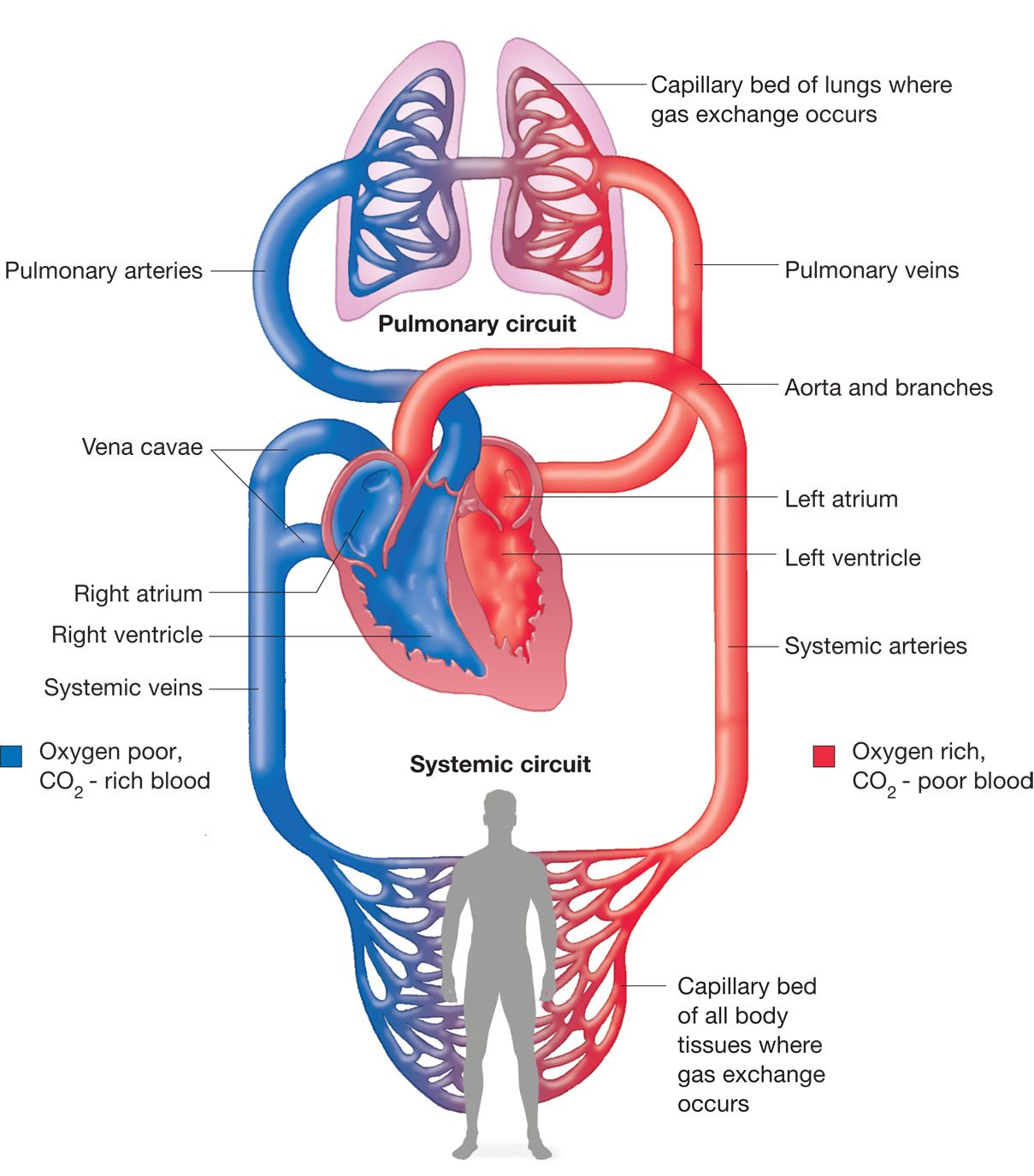
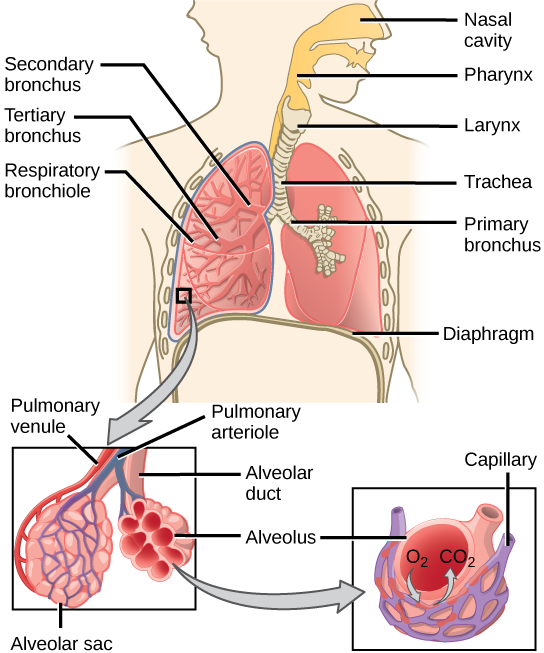
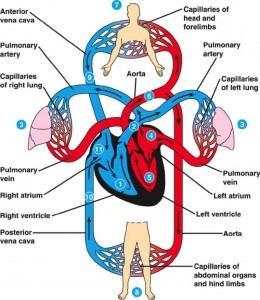

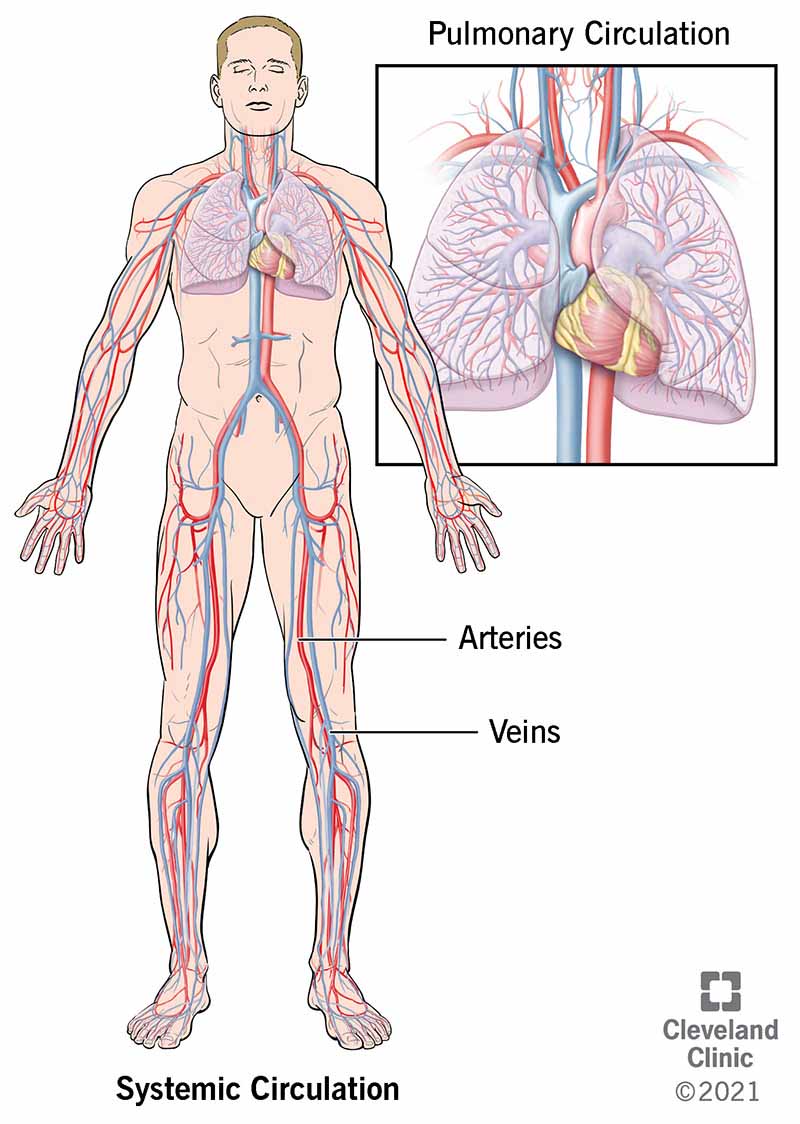
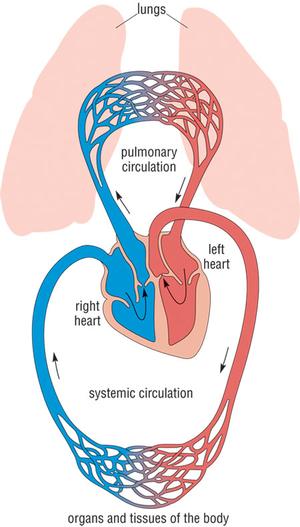

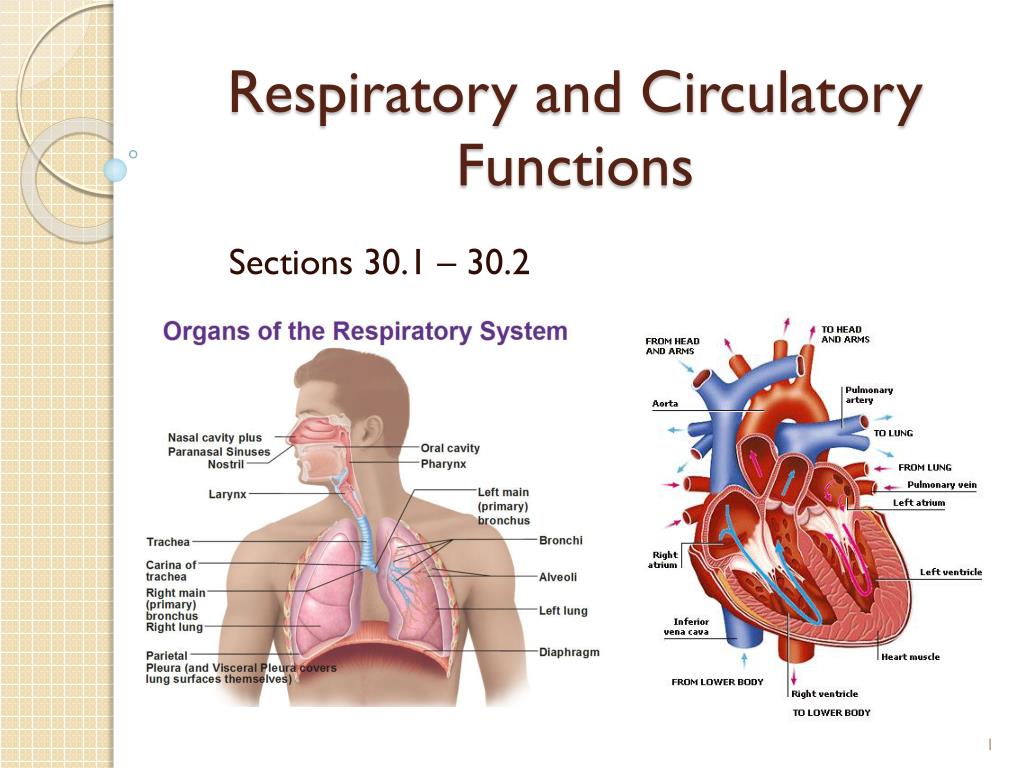
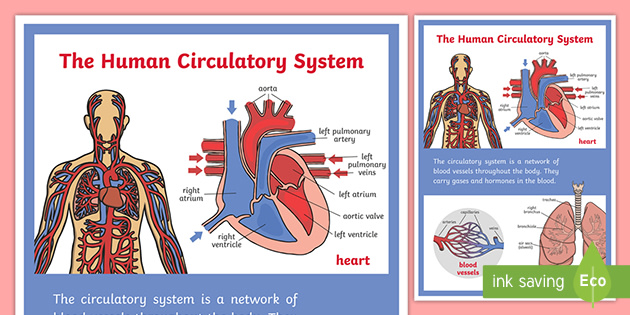


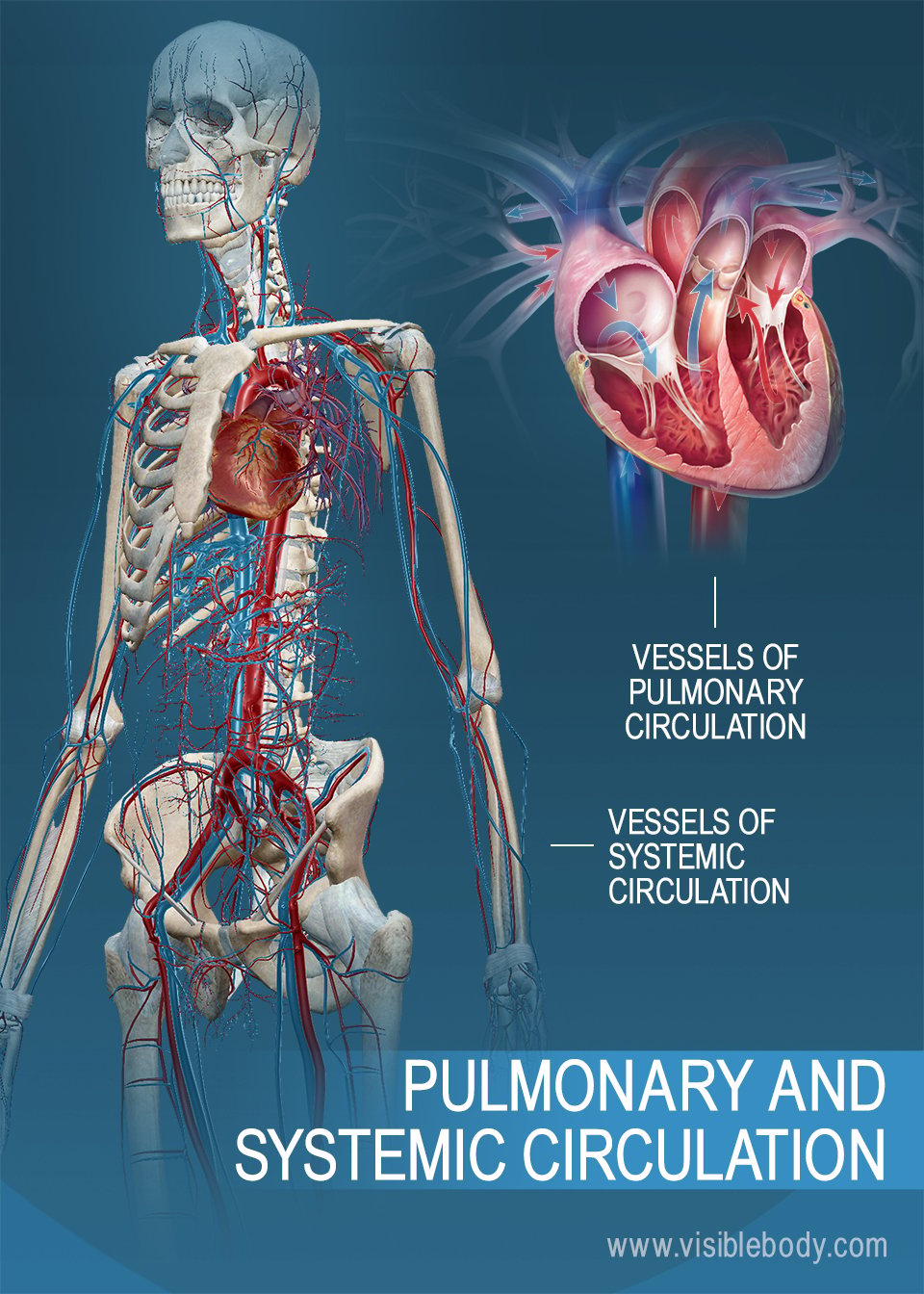
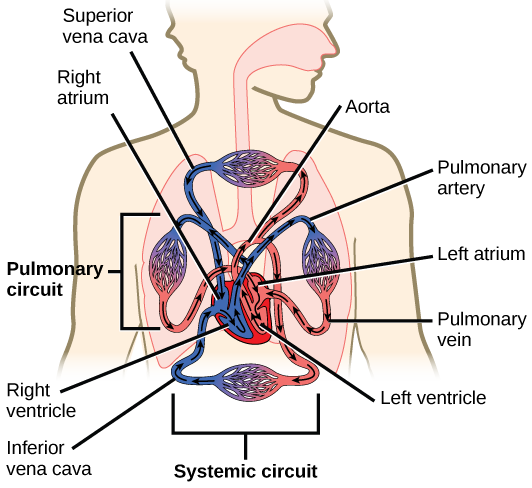
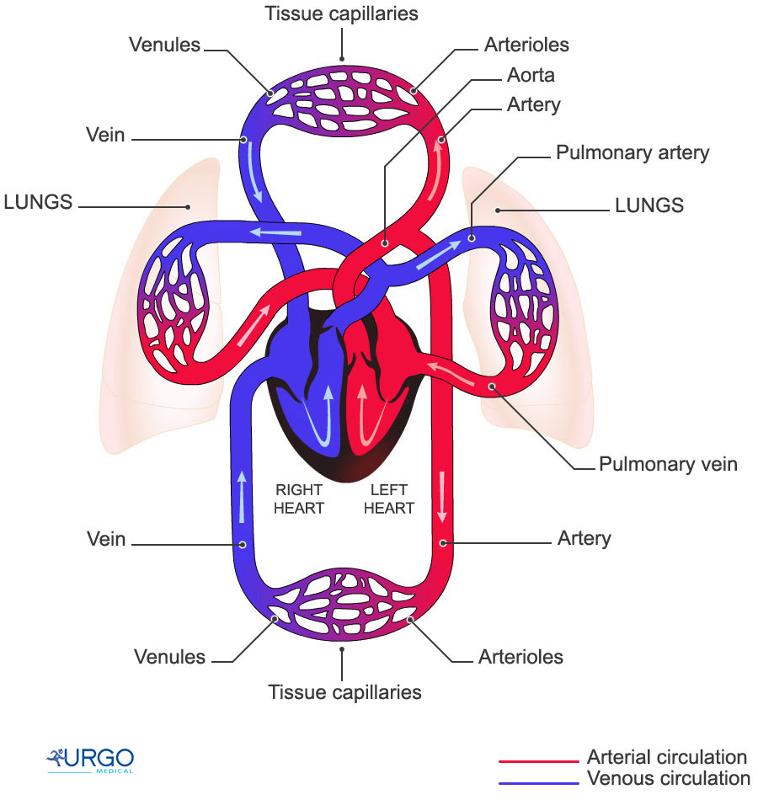
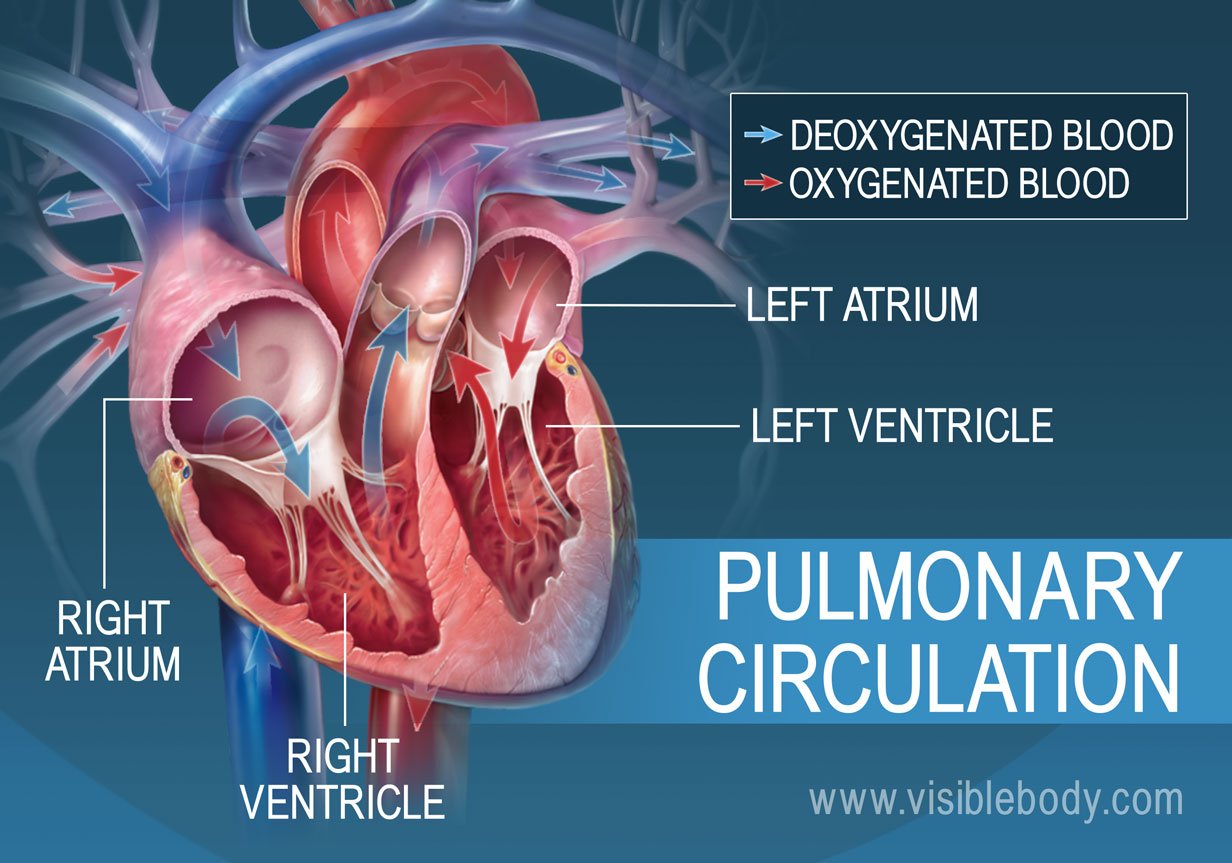
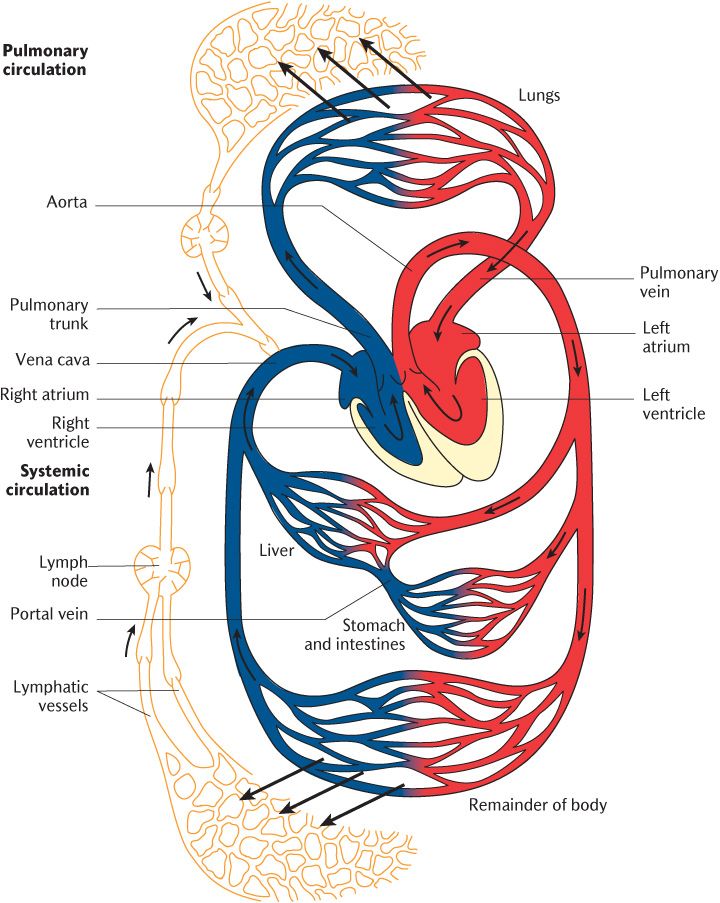
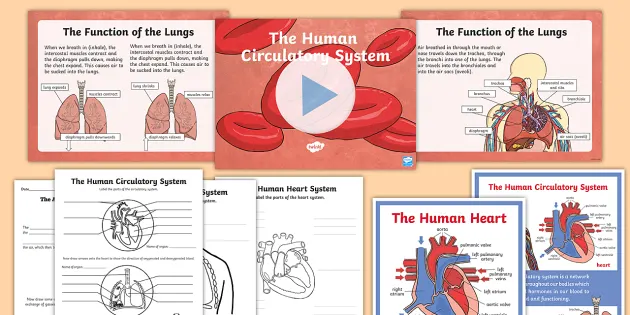



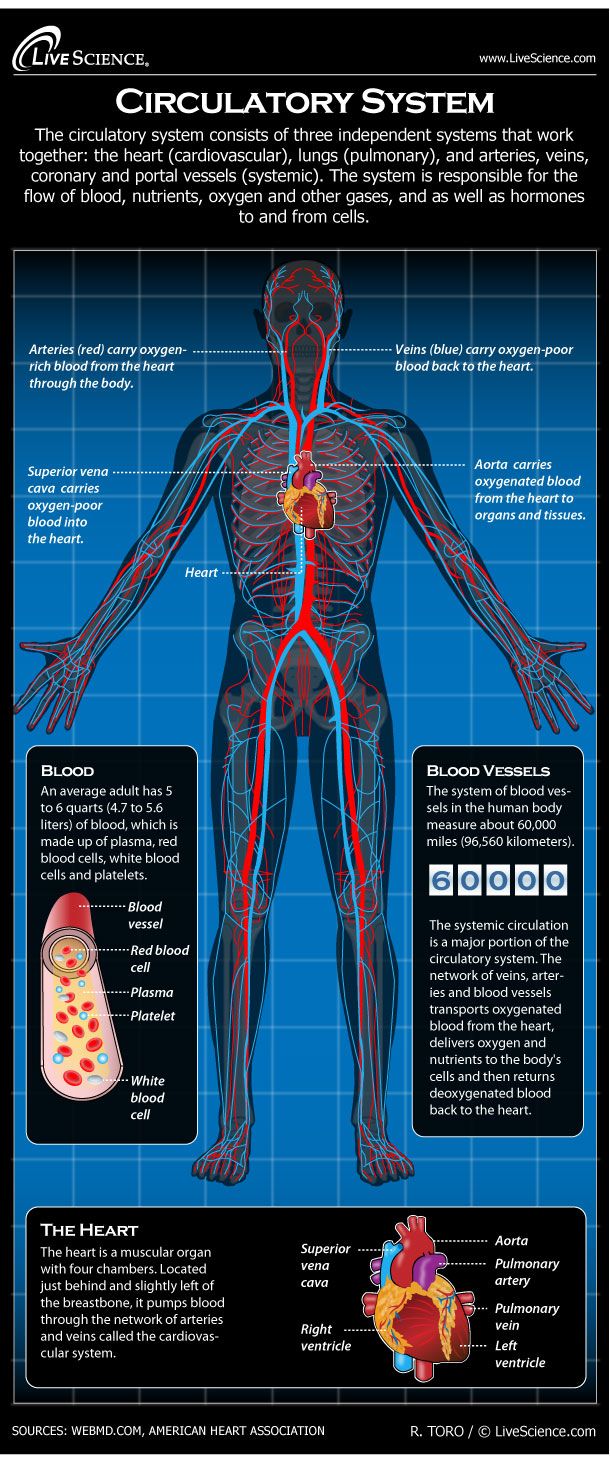

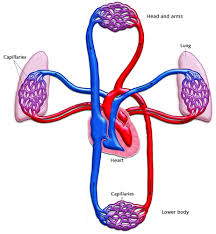
/GettyImages-626974567-defc9220866c4e679c8d244dfbb997bb.jpg)

/circulatory_system-56e73fe45f9b5854a9f962fc.jpg)

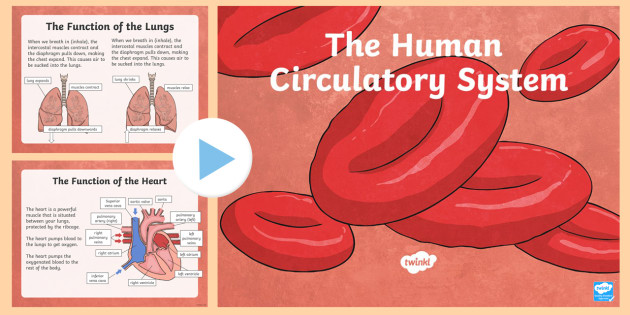

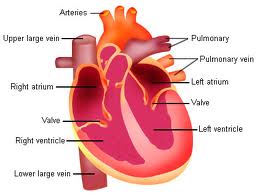
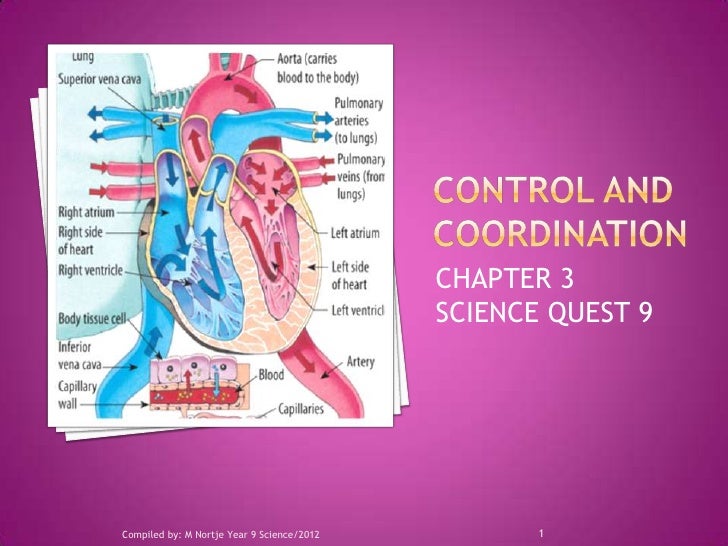




/heart-and-circulatory-system-with-blood-vessels--97537745-a3bc2b2a6ca94390bfdf2696ad9bbddd.jpg)
Post a Comment for "Function Of The Lungs In The Circulatory System"